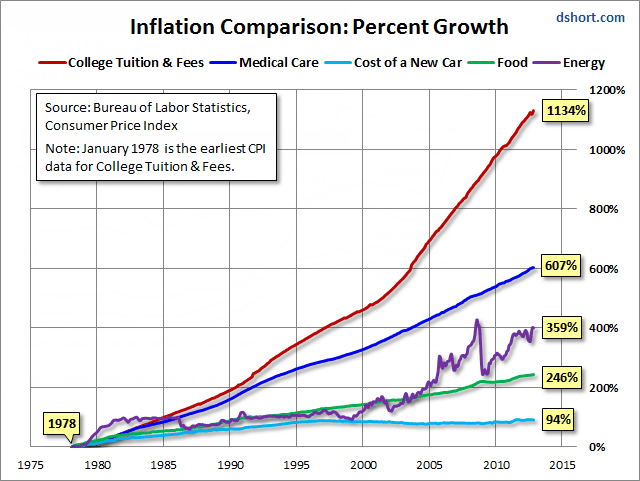Congratulations on being a PAW. You are well on your way to being an actual "millionaire next door." However, being a PAW is not as easy as you seem to have led on. Let's break it down a bit to see why it's difficult for someone under 30 (and under 35) to reach that milestone.
Say a person graduates from pharmacy school at 24 with $150k in student loans and receives zero economic outpatient care (EOC). Now, let's see what it takes for that person to reach PAW status by 30. Assuming $130k salary as you did: $130k X 30 yo / 10 = $390k. If this person has $390k, s/he would be an AAW (average accumulator of wealth) according to the wealth equation. To be a PAW, the 30 year-old in question needs to have twice that amount, $780k. This gives the newly-graduated 24 yo 6 years to pay off $150k in loans plus interest while amassing $780k in net worth. That's no easy task, as it would take the person at least 2 years to pay off that $150k loan, and I'm being very optimistic with 2 years. That leaves 4 years to obtain $780k in net worth on a $130k income before tax. I understand the power of compound interest and reinvestment... But let's be realistic here, income taxes takes a HUGE bite out of that income, then there's living expenses, mortgage/rent, car/bike payment, travel expenses, and a whole host of other miscellaneous expenses that life often throws at you. Is it doable? Yes, but one needs to have 4 extremely lucky years in risk-laden investments to barely make the mark. As for reaching the PAW milestone by 35, the person would need a net worth of $910k. This is a more realistic, albeit, still a very difficult goal to achieve. In reality, many 35 yo pharmacists in the scenario given above would not have nearly half the amount to be a PAW. In fact, most would be UAW (under accumulator of wealth), having net worth less than $227k. I would even wager that many would still have negative net worth by then due to overspending on "things" that will end up in landfills one day.
Also, people tend to inflate their true net worth and incorrectly assume that they are wealthier than they actually are. Net worth is all assets minus all liabilities (including the primary home of residence, as a primary home is not an asset).
